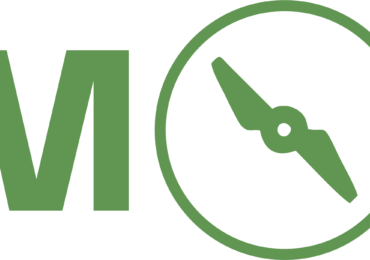Urban Farming (URBAF) is a small scale Erasmus+ project. The European Institute played a key role in the preparation and the implementation of the project as an associate partner. Most of the visual material presented in the project developed by the experts of our Institute. Additionally, the development of the project intellectual outputs took place under our supervision. The objectives of the project were the following:
One of the major European policies is the recent Green Deal and the orientation of major production sectors to the greening of the European economy. Especially for the Environment the proposed policy is focusing to the confrontation of climate change. Theoretically, the existing knowledge has reached large audience, considering the continuous information derived from various sources and the diffusion through several means such as internet, tv etc. The main objective of this project is not only to inform, but mainly to enroll as many citizens as possible to environmental activities and in parallel to develop certain VET skills in environmental activities. Considering that most of the population are located in large cities and the environmental activities and skills to be developed are based in both rural and urban areas, the project team has picked certain activities which are already performed in the USA and Canada and has given extremely significant results regarding the development of VET skills in environment. The key for success is to train the trainers for theses tasks as they need a good scientific background and skills in the field of small scall agriculture and beekeeping adopted in urban areas. It is the urban apiculture skill used in the above mentioned countries for developing environmental sense, skills related to agricultural production for people living in urban areas, as well as for the developing of team working skills among employees of a working station, either a company or co-hosting entities. In parallel the participants will fully be linked with productive population of rural areas and develop skills improving their working performance and acquire skills applicable even to an urban environment. Small scale agricultural production in urban areas is one more activity. It is very popular among citizens in many European and Asian cities, however it demands skills and knowledge which is not found among experts in agriculture. Consequently the main objective is to train agronomists and secondarily gardeners and beekeepers how to perform and implement their skills in urban areas.
From the experience gained from other countries as well as from associate partners of the project team we have already an indication of the expected results. Especially in areas with recent devastations due to climate change there was a positive attitude to such in initiatives. Thus, we expect to train more citizens regardless their background, which will be more than an optimum result regarding our objectives, considering the civil engagement and development of skills especially for young people.
As project output the team will prepare a compendium, which will contain a report of the results, manual for future reference and a proposal for local authorities outlining the roadmap to be followed for the exploitation of the results. Cooperation with national agricultural authorities has been already granted, which is a supportive element.



